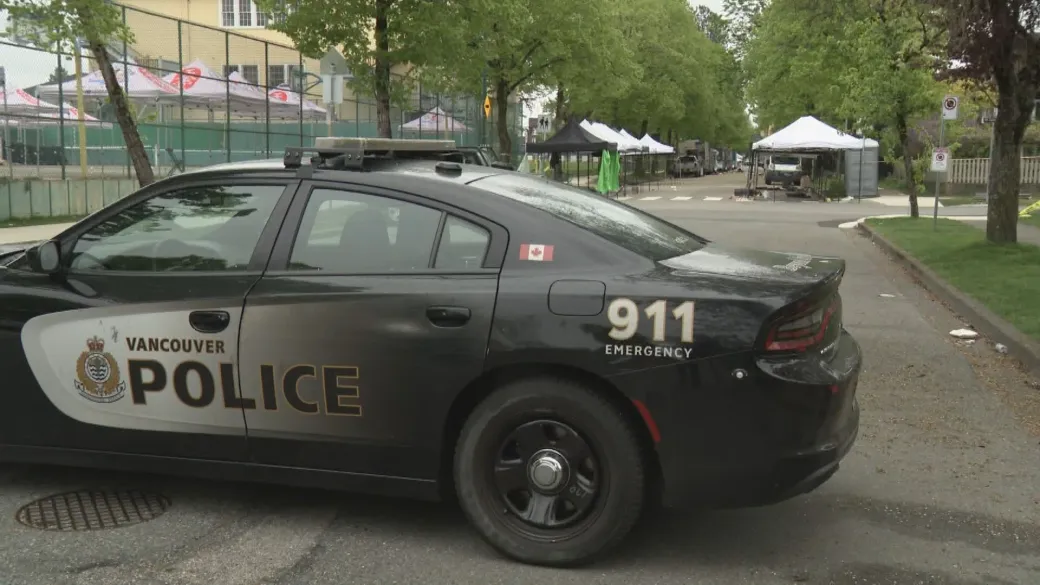Concerns are being raised after the provincial government admitted it does not know how many people are on extended leave from involuntary care stays in B.C.

On April 30 it was revealed that the suspect in the Lapu Lapu festival tragedy, Kai-Ji Adam Lo, 30, was under the care of a mental health care team but he was on extended leave at the time.
Angela Russolillo, assistant professor in nursing at the University of British Columbia, told Global News that involuntary care and extended leave are not new, however, the lack of data on the number of people is an issue.
“It’s concerning that the province actually doesn’t have a lot of transparent data on who is certified under the Mental Health Act and who is on extended leave in the province,” she said.
“We’re actually operating in a very dangerous data void in terms of transparent data that’s available to inform care decisions and ultimately, the lack of data doesn’t allow us to, ultimately, design care and interventions for folks that require services.”
According to Fraser Health, extended leave means the person continues to be certified under the Mental Health Act after being discharged from a designated facility.
Reasons for the extended leave are not disclosed but may include: “The person needs further treatment but they lack the insight into their need for continued treatment and are unwilling to continue treatment in the community; The person’s mental and physical health may deteriorate (get worse) without the certification but they don’t have to be in a designated facility.
In a case of an extended leave, Fraser Health states that the person is still supported by a community mental health team that monitors their mental health and well-being and provides treatment and support as necessary.

Russolillo said one of the best ways to inform health care and make decisions is by using data-driven materials.
“Unfortunately, what we’re seeing a lot right now in the province is a large reliance on involuntary mental health care in order to provide patients, who might need services, with that care,” she said.
“What we really want to see is more access to community-based mental health care, so that folks can access services in their communities voluntarily and get access to a range of services that might include medication supports but also mental health supports.”
In a statement on April 30, the B.C. Ministry of Health said there was no indication of violence in Lo’s presentation to his mental health team.
It also said there was no recent change in his condition or non-compliance with his treatment plan that would have warranted involuntary hospitalization.
Eleven people were killed at the Lapu Lapu festival on April 26 and dozens more were injured.
Lo has been charged with eight counts of second-degree murder and remains in custody.
The provincial government was not available on Tuesday to answer questions about people who are on extended leave from involuntary care stays in B.C.
Heart health is crucial for overall well-being. Learn how to keep your heart healthy with these simple lifestyle changes, expert tips, and the latest medical advancements.